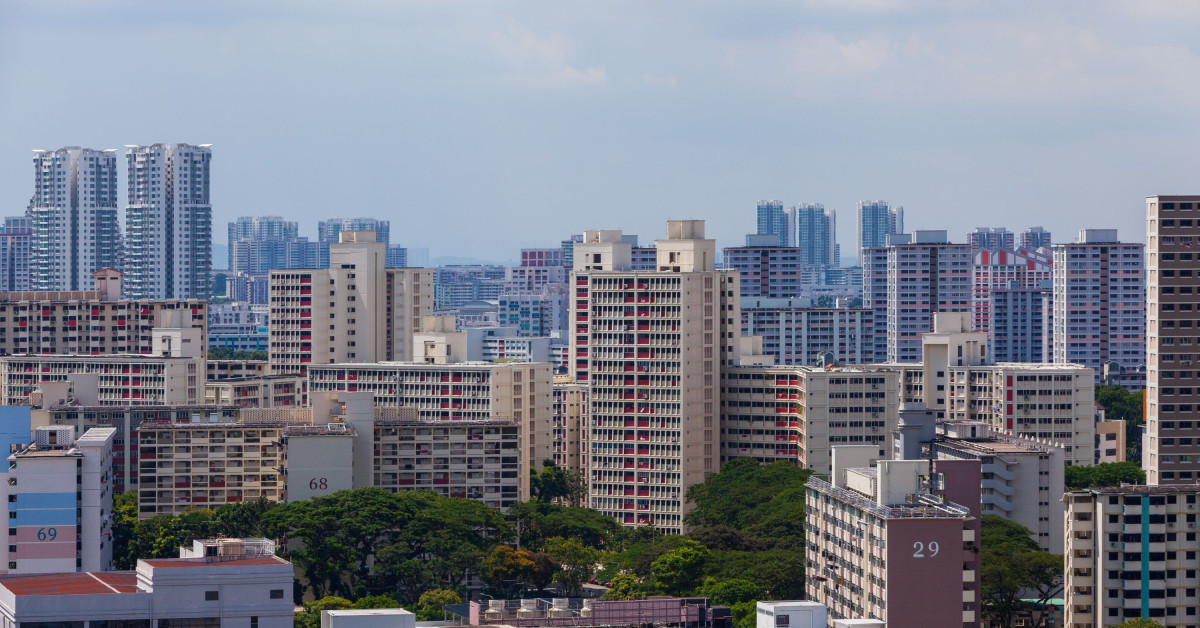Singaporean fined record $600,000 for unauthorised dormitory accomodation
According to a URA press release on June 14, a 72-year-old Singaporean man, Tan Hock Keng, was convicted of three counts of converting private residential properties to unauthorised dormitory accommodation. On May 30, he was fined a record $600,000, with the maximum fine of $200,000 imposed for each charge.
Enforcement officers from the Ministry of Manpower had inspected private residential properties linked to Tan and found that the number of occupants residing there had significantly exceeded URA’s occupancy cap rules.
Following up on the MOM inspections, which took place in December 2017 and March 2018, URA’s investigations revealed that 15 foreign workers were residing in 1012B Upper Serangoon Road. Another 16 and 17 foreign workers were found to be residing in 32H Lorong 22 Geylang and 32J Lorong 22 Geylang, respectively.
Read also: Revised HDB occupancy cap affects ‘small fraction’ of rental flats
Advertisement
URA regulations stipulate that private residential properties can only house up to six unrelated persons.
Further investigations unearthed the fact that Tan had been providing dormitory accommodation at those premises for around two years, and that he had converted eight other private residential properties to unauthorised dormitory accommodation between 2016 to 2018. The number of occupants in each unit ranged from seven to 23.
URA says that Tan admitted that he was aware of the occupancy regulations but decided to proceed with the unauthorised conversion of the premises anyway.
“Unauthorised dormitory accommodation not only adversely affects the residential character of the neighbourhood, but also negatively impacts the occupants, who may be from more vulnerable groups that are susceptible to exploitation,” says Martin Tan, director, Development Control Group, URA.
He adds: “URA will continue to take strong enforcement actions against perpetrators, including property owners, tenants, agents and anyone found to have flouted URA’s regulations on the rental or subletting of private residential properties”.
